You may not listen to them every year. Or even to every lecture in the current series. But the survival of the annual Reith Lectures on Radio 4 from the old days of the Home Service and Radio 3 (they were established in 1948 to honour what Reith had done for the corporation) is crucial to the existence of the BBC. Strictly Come Dancing and The Fall might pay the bills in overseas sales (not that a lecture series, no matter how costly to stage, edit, produce and broadcast, is a great burden on the licence fee) but without the Reith Lectures, perceptively chaired by Sue Lawley, it would be much harder to sell programmes abroad because of the way such radio stalwarts have created the BBC brand, given it its leading edge as a broadcaster, affirmed its credentials as an intellectual powerhouse, and ensured the corporation has retained its aura worldwide. And this year’s series (produced by Jim Frank) is no exception, because the philosopher and writer Kwame Anthony Appiah has chosen as his topic one of the most crucial questions facing not just those in the UK but also audiences in Europe and around the world: ‘Mistaken Identities’. What do we mean by identity? How do we decide on an identity? And especially so if, like Appiah himself, your family crosses borders of race, belief, nationality and culture.
His parents created a social storm in the 1950s when they got married because his mother was the daughter of the politician Stafford Cripps while his father was a Ghanaian law student whose family is descended from the chiefs of the Ashanti. As Appiah explained in the course of his lectures, ‘It’s a long answer when people ask where I’m from,’ going on to reveal that he now has close family members living in Nigeria, Namibia, Ghana, Hong Kong, Britain and the USA. This gives the professor (who teaches at New York University) an authority when he calls for a different understanding of identity but also a relaxed approach to the questions he addresses. When asked in the question-and-answer session that follows each talk (often teasing out the meaning and relevance of that talk) what he thought of Theresa May’s declaration that if you think of yourself as a citizen of the world, you are a citizen of nowhere, he could only laugh and say, ‘No, perhaps…’ For him, and for so many others, this is a meaningless statement.
Appiah would like us to accept that we have complex identities and to recognise that these may change through time. Belief, for instance, is not a question of a set of principles cast in stone, but is mutable through time, and depends on interpretation. Religious practice and community, he would argue, is far more resonant, and more crucial to the development and survival of the major faiths, than the core beliefs on which they are based. But human fallibility leads us to search for certainty in the wrong places, and the ways in which we define ourselves are often misleading.
In a sense it’s not so much what Appiah says that is new or revolutionary but the way he puts his ideas together; his cogency and ability to articulate what many of us might be feeling but have difficulty in finding the right words to express. The chance to listen to them while in the comfort of your own living room (rather than a draughty lecture hall) is what gives radio its lasting power, because it’s so much easier to concentrate on what’s being said. I was at the first recording but appreciated Appiah’s breadth of vision and suppleness of thought much more when listening at home.
Let’s hope the newly appointed director of radio, Bob Shennan (formerly of Radio 2 with a track record in sport, live news and popular music), also tuned in at home. His job will be to complement the new overall director of radio and education, James Purnell, who you may remember was appointed a few weeks ago (in a radical reorganisation of radio management) in spite of having no editorial or production experience in radio itself. Their challenge, it was also announced, is to develop ‘the next chapter for BBC Radio’, whatever that might mean. Will we still be hearing talks like that by Professor Appiah in 2026?
Meanwhile the BBC World Service has just announced the winners of this year’s international playwriting competition. Unlike many literature prizes, this competition often attracts entries from people who have never been published, let alone written for radio. There were more than 1,000 entries from 112 countries, speaking richly of the BBC’s reach across the globe and the continuing power of radio to draw in listeners, and the winners, Joanna Gutknecht from Canada (in the English as a first language category), Pericles Silveira from Brazil (for English as a second language) and Erupe Jude from Uganda (for the special prize in memory of the World Service journalist Georgi Markov), will each have their plays recorded and broadcast in the new year. This will give listeners across the world the chance to hear different voices and alternative perspectives — a concrete example of what Professor Appiah was talking about.
Got something to add? Join the discussion and comment below.
Get 10 issues for just $10
Subscribe to The Spectator Australia today for the next 10 magazine issues, plus full online access, for just $10.

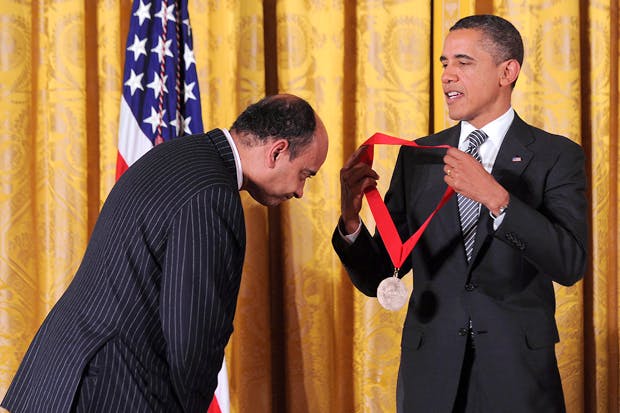
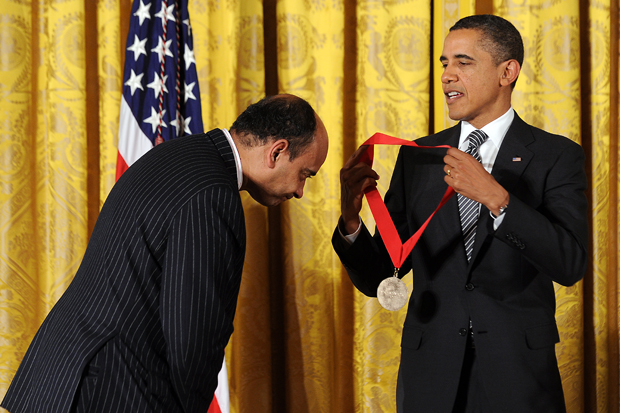
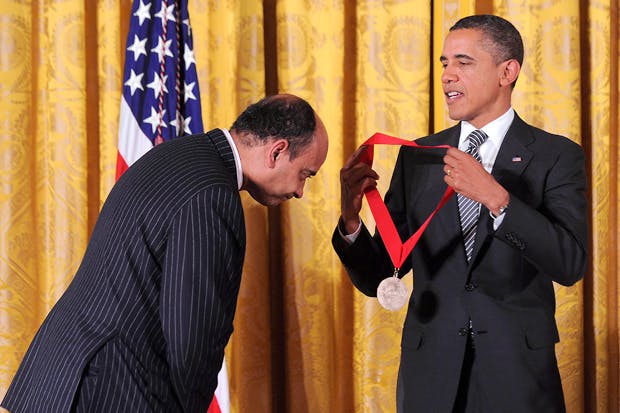

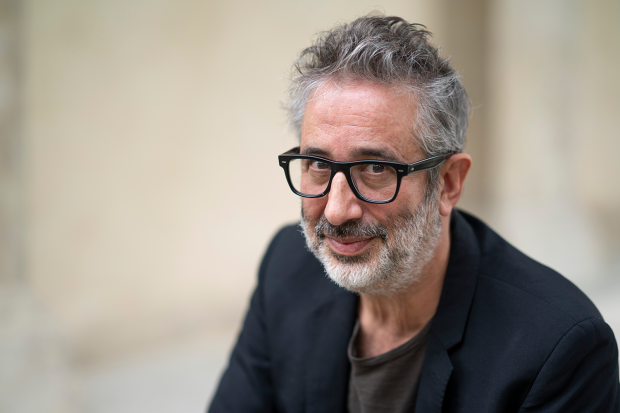
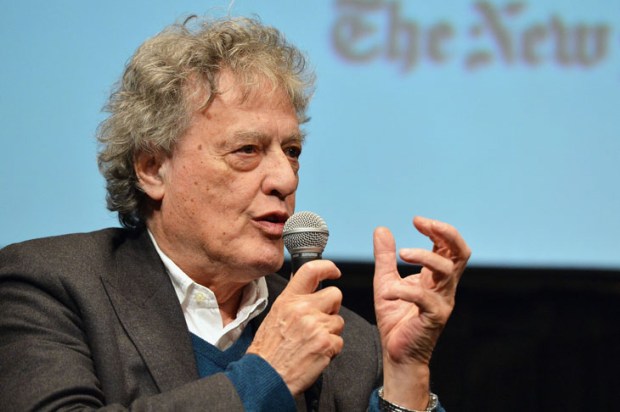
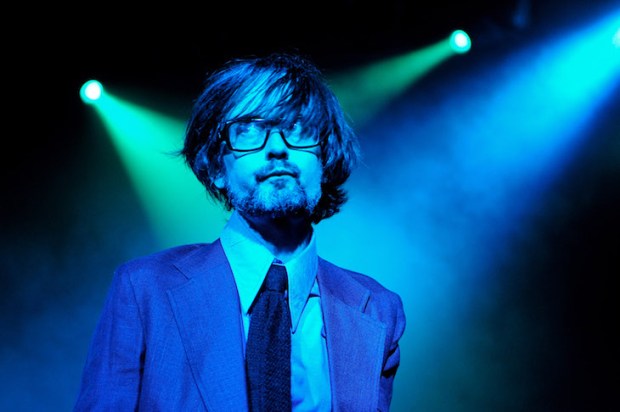






Comments
Don't miss out
Join the conversation with other Spectator Australia readers. Subscribe to leave a comment.
SUBSCRIBEAlready a subscriber? Log in